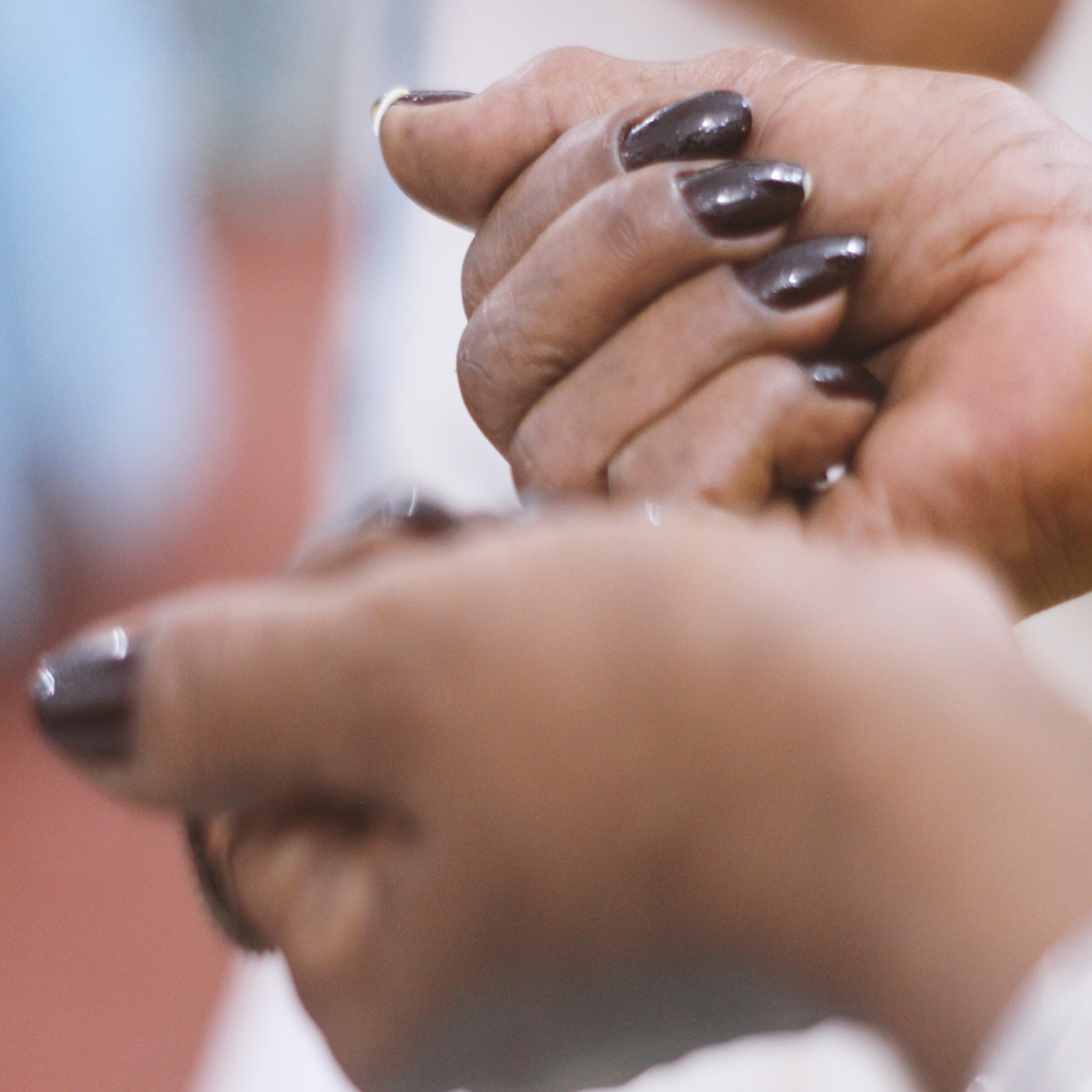Sexual Division of Labor in Candomblé:
Inequality and Voluntary Work
Abstract
Gender and work is an area of study that has contributed to the understanding of the sexual division of labor in Brazil. The objective of the research was to verify whether women's activities in Candomblé are subject to analysis in terms of female work. Studies on Afro-Brazilian religions focus on women's belonging to the community from the perspective of leadership, hierarchical position, matrifocality and the valorization and revaluation of the great ialorixás. Few are the studies that present the cooks of terreiros. Qualitative research using the technique of interview and observation in the festivities in the terreiros of Recife and Olinda. Traditionally, terreiro cooks worked as maids in family homes. Today, they are looking for more qualified education and professional training. We can speak of a triple workday considering that they articulate housework, paid work and work in the yard. The latter is voluntary housework. Experienced as something different from the economic exploitation of paid domestic work and the imposition of household chores for the home.
Keywords: Sexual Division of Labor, Gender, Cook, Candomblé.
Downloads

Downloads
Published
Issue
Section
License
- Autores mantém os direitos autorais e concedem à revista o direito de primeira publicação, com o trabalho simultaneamente licenciado sob a Licença Creative Commons Attribution que permite o compartilhamento do trabalho com reconhecimento da autoria e publicação inicial nesta revista.
- Autores têm autorização para assumir contratos adicionais separadamente, para distribuição não-exclusiva da versão do trabalho publicada nesta revista (ex.: publicar em repositório institucional ou como capítulo de livro), com reconhecimento de autoria e publicação inicial nesta revista.
- Autores têm permissão e são estimulados a publicar e distribuir seu trabalho online (ex.: em repositórios institucionais ou na sua página pessoal) a qualquer ponto antes ou durante o processo editorial, já que isso pode gerar alterações produtivas, bem como aumentar o impacto e a citação do trabalho publicado (Veja O Efeito do Acesso Livre).


